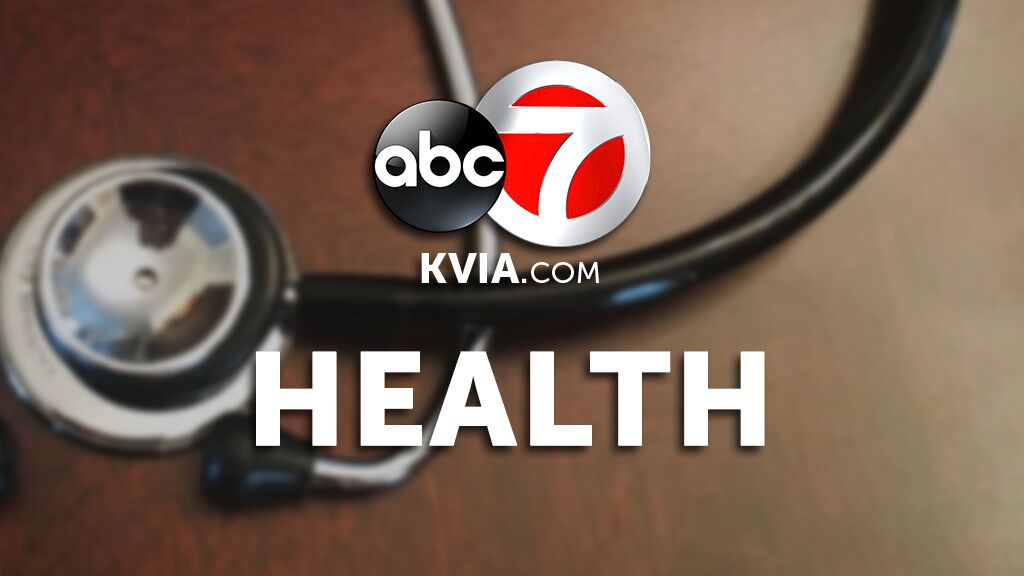Three months later, the Trump administration’s vaping policy is yet to be seen

Three months after President Donald Trump said that the US Food and Drug Administration would put out “some very strong recommendations” regarding the sale of flavored e-cigarettes, that policy is still yet to be seen.
When asked last week whether Trump is close to a final decision on what the policy could look like, White House counselor Kellyanne Conway said that such information will come from the FDA and the US Department of Health and Human Services.
“The guidance comes from the FDA and HHS and so obviously, the President wanted to hear from all sides of the issue. We’re also watching what’s going on in the marketplace that has nothing to do with us,” she said.
When CNN contacted the FDA on Tuesday, it said that there was no additional information to share.
White House deputy press secretary Judd Deere told CNN last week, “As the President has said, there is a serious problem among our youth and their growing addiction to e-cigarettes. The policy making process is not stalled. The Administration continues to move forward on development of responsible guidelines that protect the public health and the American people.”
The White House did not respond to CNN’s request for additional updates this week.
Where the White House stands
Trump has been trying to find “balance” when it comes to developing national policy around the sale of e-cigarettes, Conway said last week.
There has been an epidemic of youth using e-cigarettes and vaping products in the United States.
More than 5 million middle and high school students reported using e-cigarettes in 2019, according to data from the National Youth Tobacco Survey that published last week, and for the sixth year in a row, e-cigarettes were the most commonly used tobacco product among high school and middle school students.
The White House wants to get ahead of that “burgeoning crisis among youth,” Conway said.
At the same time, Trump has been “looking for a way to respect and recognize and accommodate the fact that e-cigarettes have a public health benefit for those adults — those legal adult users who are trying to come down from combustibles on a nicotine delivery device that also doesn’t deliver all the carcinogens of combustibles,” she said.
Currently, e-cigarettes are not FDA-approved for the therapeutic purpose of helping people quit smoking.
In September, when Trump announced plans for an e-cigarette policy, Health and Human Services Secretary Alex Azar said that the enforcement policy would require all e-cigarette companies to take non-tobacco-flavored products off the market, including mint and menthol.
The policy, as it was described in September, would require flavors to have “premarket authorization” before attempting to return to the market.
“It’ll take several weeks for us to put out the final guidance that will announce all the parameters around the enforcement policy, and then there will likely be about a 30-day delay to effective date, as is customary,” Azar said at the time. But “at that point all flavored e-cigarettes other than tobacco flavor would have to be removed from the market.”
‘It’s time to get their act together’
Suspicion that the administration has backed down from plans to take flavored products off the market has led to sharp criticism from health advocacy groups and lawmakers.
A Trump campaign adviser told CNN’s Jim Acosta in November that Trump’s political aides, including campaign manager Brad Parscale, have warned him that such a ban may not be helpful with his base and that he should reconsider.
As time moves on, lawmakers are demanding answers on the e-cigarette policy.
In a tense hearing last week, Illinois Rep. Raja Krishnamoorthi yelled across the room that “time’s up” for the Trump administration to release its policy on e-cigarettes, particularly a possible ban on the sale of flavored products.
During the hearing, which focused on e-cigarette use among youth, several lawmakers pressed Mitch Zeller, director of the FDA’s Center for Tobacco Products, to answer questions about what the forthcoming policy could look like, when it might be released and whether it would ban flavors, among other queries. Zeller repeatedly said that he could not comment publicly on “the specifics of the policy” since it remains under consideration.
When asked whether the president or the White House are meeting with industry lobbyists regarding policy, Zeller said, “That’s a question you need to ask the White House. … I don’t know.”
The hearing ended with Krishnamoorthi calling Zeller’s responses “unacceptable.”
“This is wrong,” Krishnamoorthi said to Zeller.
“I suggest you go back to the FDA and you tell them that the American public is up in arms about this youth e-cigarette epidemic,” he said. “You tell the White House and you tell all those who are part of these parallel, irregular, unusual, opaque discussions that time’s up. It’s time to get their act together and put this flavor ban out immediately, without delay.”
